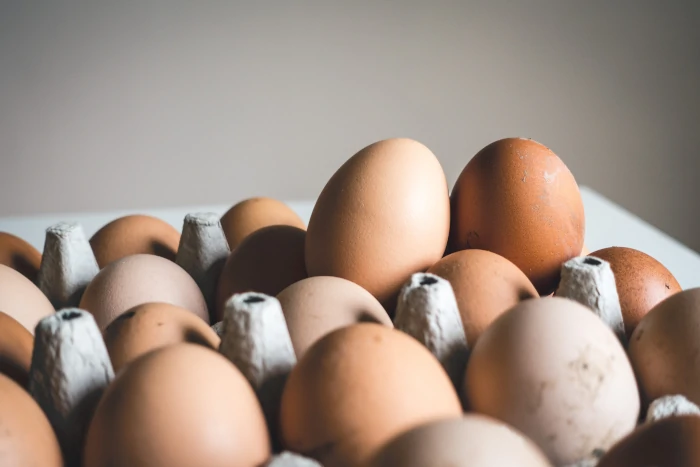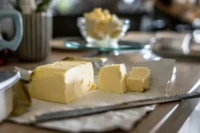
Storing Baby Formula in Mylar Bags
As a prepper, you understand the importance of being prepared for any situation. When it comes to ensuring that your baby’s nutritional needs are met

Eggs are a versatile and nutrient-rich food source that many of us rely on daily. But what happens when you have an abundance of eggs and want to make them last longer? Fortunately, there are several effective methods for preserving eggs, extending their freshness and usability. In this blog post, we will explore various egg preservation techniques, from traditional to modern approaches, empowering you to enjoy farm-fresh eggs long after their laying season.
Preserving eggs is a valuable skill that allows you to extend their shelf life, reduce waste, and enjoy fresh eggs even when they are out of season. Whether you choose refrigeration, water glassing, freezing, pickling, or dehydrating, each method offers a unique way to ensure that you have a readily available supply of eggs at your fingertips. Experiment with different preservation techniques to find the method that best suits your preferences and needs. Embrace the art of egg preservation and enjoy the benefits of these nutritious and versatile gems throughout the year.

As a prepper, you understand the importance of being prepared for any situation. When it comes to ensuring that your baby’s nutritional needs are met

If you’re a fan of probiotic-rich foods, you’ve probably heard of kefir. This tangy, fermented drink is packed with beneficial bacteria and yeast, making it

Making your own butter at home is a rewarding and surprisingly simple process. With just a few basic ingredients and tools, you can create rich,